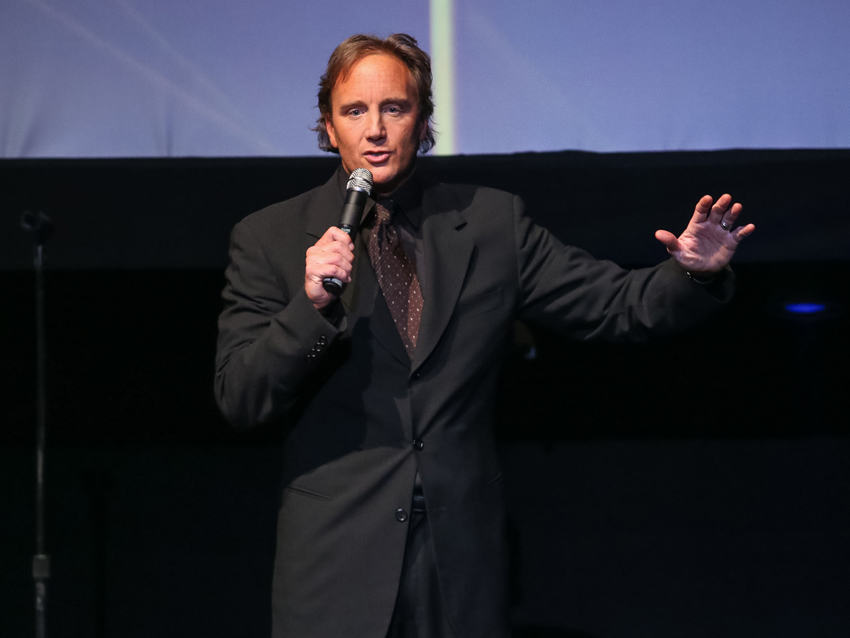
Jay Mohr: the 10 records that changed my life
Acting, stand-up comedy, writing, talk radio, podcasting – Jay Mohr has succeeded in just about every area of media and entertainment that he's ever pursued. But one thing he swears you'll never see is him flogging an album of his music. "I have zero musical ability," he says. "The ego and narcissism you need to be a rock star, I've got that, but the talent and perseverance passed me by. The closest I got to a musical career was playing drums in the movie The Groomsmen. After that, I was done."
Not that he isn't a huge fan. Mohr's passion for music goes back to his childhood, when he would while away afternoons listening to records in the family living room as both of his parents worked. "We had one of those giant stereo systems, and I would sit close to the speakers to devour my music," he recalls. "I was able to experience records singularly and privately, which really heightened their impact on me. Each time I got a new record, for a couple of days straight the music flooded my senses; and, of course, I'd stare at the album covers and read the liner notes. Whatever record I was listening to become the most important thing around.”
As host of the popular Mohr Stories podcast, Mohr has interviewed a wide range of his musical heroes, everybody from Stewart Copeland and David Lee Roth to Joe Perry and Henry Rollins. "The thing that I'm always surprised about is how musicians are just like the rest of us," Mohr says. "They sit down with me and want to talk about the traffic, their kids, all the usual stuff. Which is so amazing when you consider what they do, this life-altering thing."
He pauses, then adds, "Music is the soundtrack to my life – it's a cliche because it's true. But music has also been the landscape of my life. The sounds mixing with the visuals, walking down St. Marks Place listening to Nothing’s Shocking on my way to a gig – it’s transporting. You see seas and continents, all the oceans and poles; it’s all in there, and it changes every time you hear it. It’s been sights, smells and moods. It doesn’t get more complete than that."
On the following pages, Mohr runs down the 10 records that changed his life.
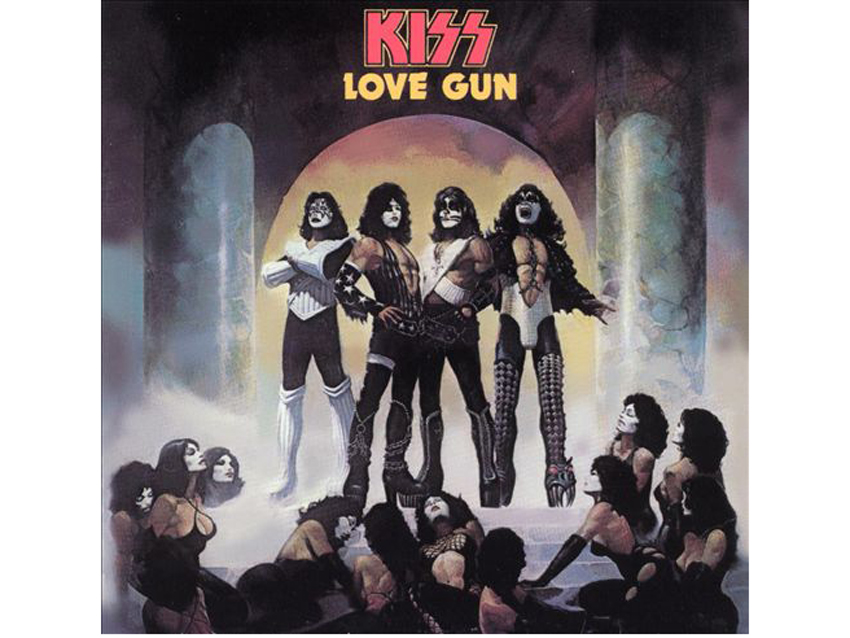
Kiss - Love Gun (1977)
“This is the first record I bought with my own money – and, oh yeah, it was on eight-track. It was an incredible feeling to be able to go and purchase something like grown-ups did, and so I decided to go with something as devious and subversive as possible.
“The cover stunned me. To see these men in makeup and thigh-high leather boots, surrounded by a bunch of scantily clad nubile women crawling to get close to them – I thought, ‘Well, this must be really good. How could it not? I mean, just look at that cover!’
“Love Gun, Christine Sixteen, Shock Me – they’re such great songs. But funnily enough, I was a little surprised at how ordinary the music sounded compared to what was on the cover. The sound was attainable, but the visual was unattainable, so it kind of cracked my head open and split my brain in two.”
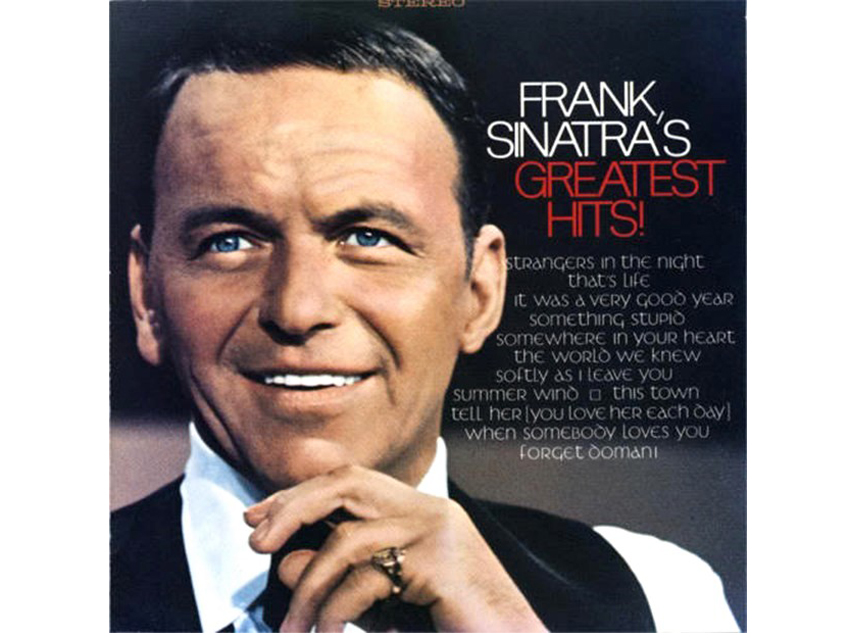
Frank Sinatra - Greatest Hits (1968)
“I had graduated to cassette. This was me in my bedroom at about 14, 15 years old with a boombox and a cassette. I had been listening to a lot of hip-hop, the usual LL Cool J and Run-DMC, and somehow this tape wound up in my room. I don’t know how I got it, but one morning my father came in the room and started singing along.
“My father isn’t a very outgoing, demonstrative man. He’s very loving, but like a lot of guys from his generation, he kept things inside. He was reserved, very dry, so to see him sing to this record and be so into it was mind-blowing.
“He was confounded how I had any interest in these songs. I can see why he felt that way: I was a 14, 15-year-old punk at the time, kind of a lone wolf, a wrestler at school. I wasn't supposed to listen to Sinatra. For me, this was the opposite of rebellion – I was going in my dad's direction. It turned into a real bonding moment between us.
“I liked the record because the songs were so easy to sing. Now I had something in my library that I could put on and sing at will. It wasn’t one of those rock ‘n’ roll records where you’d say, ‘Wait a second… Did he say leather and lace? What is that exact lyric?’ The phrasing, the lyrics – because of the way Frank sang, I knew all the words, which made it very easy to stand in my bedroom with a hairbrush, making believe I was Frank.”
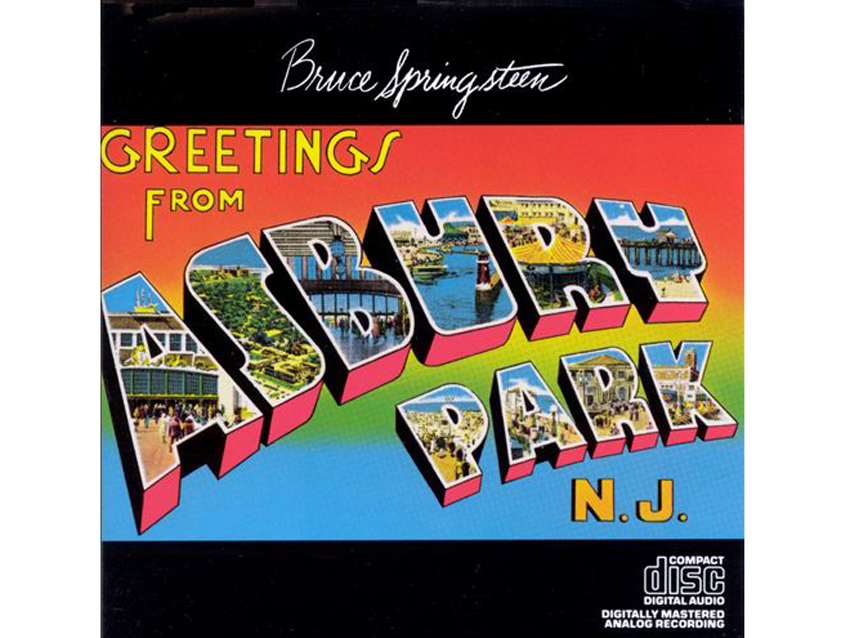
Bruce Springsteen - Greetings From Asbury Park, NJ (1973)
“It’s funny – like a lot of people, I had heard Manfred Mann’s Blinded By The Light. That was a big hit; it was always on the radio. I had no idea Springsteen had written it and recorded it first. I always felt as though he got jilted by America, because if you asked anybody, ‘Hey, who wrote Blinded By The Light?’ they’d say, ‘Manfred Mann.’ This was the first time I realized that you could write songs and other people recorded them and made them super-famous.
“Obviously, a lot of Jersey pride goes into this one for me. What I like about Greetings – well, one of the things – is that it’s not as on the nose as Born To Run and Darkness. There was this unspoken message of ‘There’s something out there that’s larger than me.’ Being a lonely kind of kid, that really appealed to me greatly.
“I loved the solitude of the record and the songs about the Vietnam vets – ‘He leans on the hood telling racin' stories, the kids call him Jimmy The Saint.’ This whole thing came to fruition on Born To Run and Darkness – ‘It’s a town full of losers, I’m pullin out of here to win.’ The message was right there, and it would become more obvious as he grew into his songwriting.
“I listened to this record, and I could tell it was signifying something important. I could tell that he was important. I thought, ‘This is a very small place where I am, but listening to this man sing, I know there’s a much greater place out there. A promised land.’”
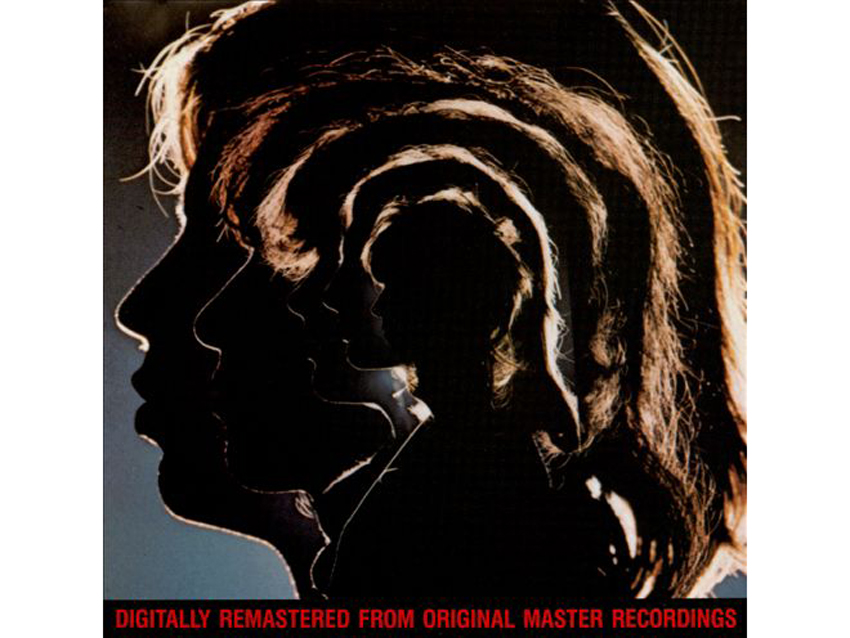
The Rolling Stones - Hot Rocks 1964-1971 (1971)
“I loathe greatest hits collections. I think it’s a very lazy way of fitting two songs that didn’t fit anywhere else on your record, but that wasn’t the case with Hot Rocks. I had heard various Stones hits on the radio, but with this album it was the first time I’d heard something like Sympathy For The Devil. The sound of Keith Richards going, ‘Whoo-hoo!’ was incredible.
“Material this strong would usually sum up most bands’ entire careers; for the Stones, it was just the first phase. You could take one album of this two record set and think that they probably played all the songs on Ed Sullivan. Ruby Tuesday, Lady Jane, Time Is On My Side, Let’s Spend The Night Together – it goes on and on, hit after hit.
“There’s beautiful gentle songs like As Tears Go By, and then it makes this abrupt turn to Midnight Rambler live, which absolutely blew my mind. I remember the guitar sound of Midnight Rambler – what Keith is doing during Jagger’s spoken part – moved the insides of my body around in a way I’d never experienced before. It made me feel weird and strange and fantastic.
“I didn’t know that six strings could convey so much. It was evil, sexual, victorious – I don’t know if the bad guys or the good guys won, but I know that I won. It was the musical equivalent of somebody scoring a touchdown and it makes you jump up and down. But I had it on an album and I could experience that feeling whenever I wanted.”
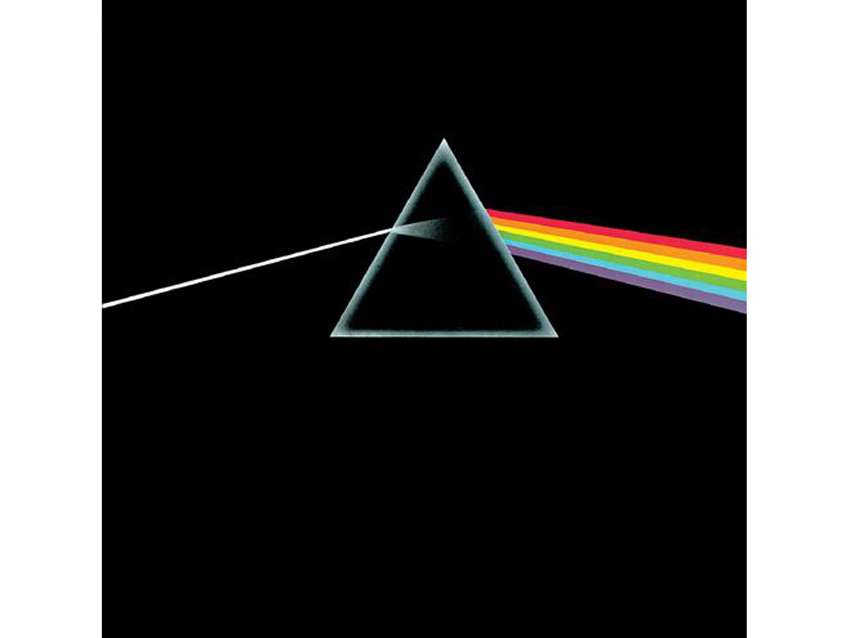
Pink Floyd - The Dark Side Of The Moon (1973)
“Dark Side Of The Moon coincided perfectly with my marijuana usage. I had a friend who went to a State University of New York school, so I'd go to his dorm room and get baked with him and his friends. It's funny, through: We'd be in that room, and I’d be thinking about my Pink Floyd cassette in the car. That’s all I could think about, even while I was stoned.
“I’d even go to the car by myself, in the freezing cold, and put it on. Everybody else would be in the room laughing and getting high, and I was just in that car listening to Floyd. It was such an unbelievable thing to me. I’d never heard sounds and production like that before. The use of machines – echo and pedals and wah-wahs and effects from television – melted my mind. I didn’t think anybody could do stuff like that.
“There’s beautiful songs and melodies, too. The whole thing just envelopes you. You'd get to Money, which we’d all heard on the radio, but to hear it in the context of the full album was something of a revelation. It made more sense to me; the light bulb went on over my head, and it had many, many colors.”
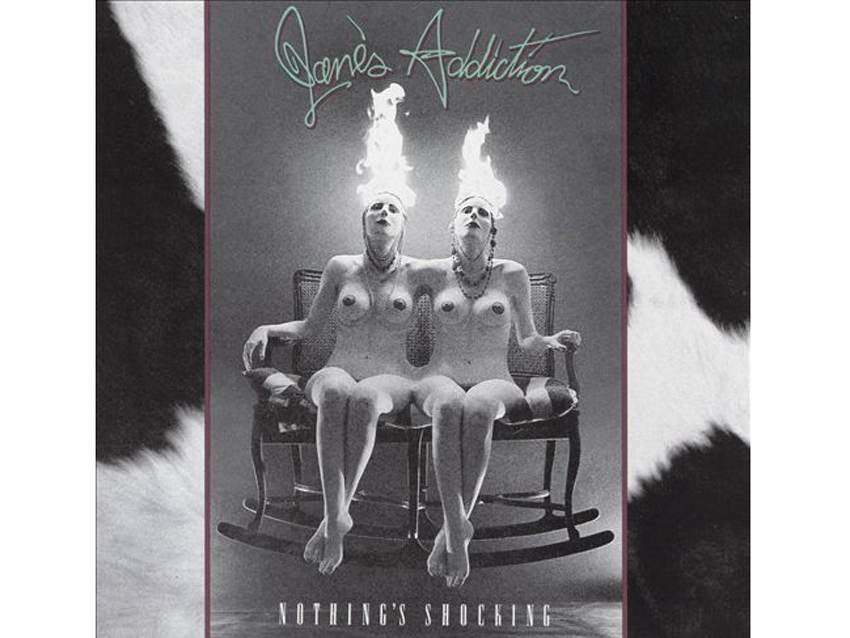
Jane's Addiction - Nothing's Shocking (1988)
“I would go over to a friend’s house to smoke grass and play chess. One day, he put on this album, and little by little it just eroded the layers of Cinderella, Poison, Motley Crue, the Bullet Boys and Warrant. It chipped away everything hair metal and got under all of me.
“Listening to this album on headphones, it’s like you have a whole new world between your ears. Every song is its own Altamont. There was malevolence to it, and it seemed as if something terrible could happen at any moment. Some albums are life-changing because of what they pull you from, and in this case, Nothing’s Shocking took me from being a mulletheaded guy in acid-washed jeans listening to Poison and turned me into something else.
“Ocean Size hit me like a toothache, but even while my jawbone was aching, I was going, ‘Holy shit, that’s great!’ Dave Jerden’s production of Dave Navarro’s guitars is almost Lanois-esque. And then there’s those weird echoes on Perry’s voice – incredible. I was like, ‘Did somebody slip me mushrooms? What the fuck is going on?’ I never had a record wear me out like this one did. Insane.”
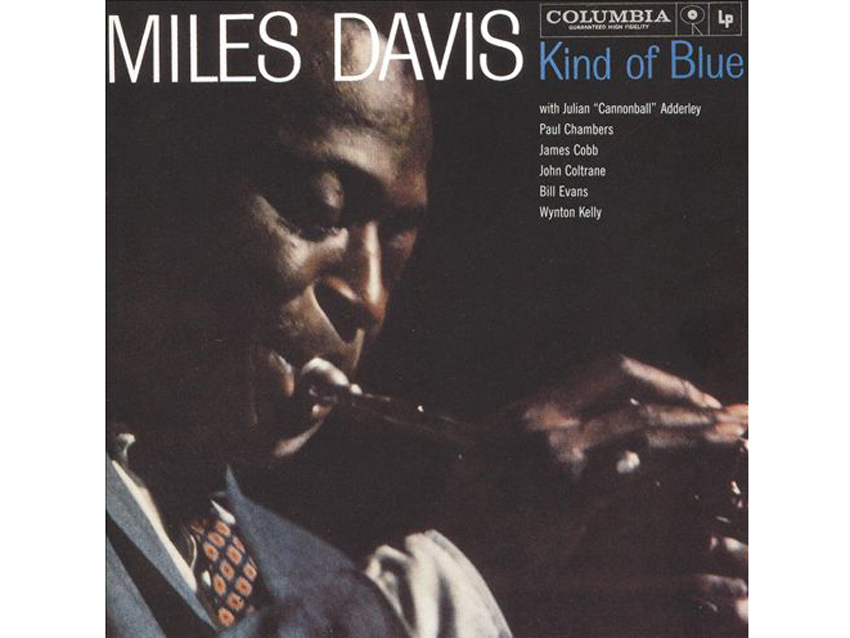
Miles Davis - Kind Of Blue (1959)
“This is the actual, single-most perfect thing that man has ever recorded. Ever. Since they started capturing sound, there’s never been anything that has achieved this level of perfection. That's all you need to know, but I'll go on:
“It aces the needle-test every time. No matter where you drop the needle, it’s absolutely crazy. The fact that it has both Cannonball Adderley and John Coltrane on saxophone is stunning. I can’t tell which guy is which, I can’t tell who’s playing when, but it doesn’t matter. I mean, think about this: You look over at a guy in your band, and it’s John Coltrane, and you say, ‘OK, now you play something. Give it a shot.’ And he says, ‘Give it a shot? How about I melt your fucking brain? [Laughs] Because I’m crazy – but I’m crazy through a reed!’
“Bill Evans on piano – he barely plays, but that's all right, because this is the best example of knowing when it’s perfectly fine to play nothing. His spaces are a symphony. Listen to his piano. He knows when to lay out, and when he does play, it really means something. That is artistry. That is magic.
“You don’t have to be a fan of jazz or of Miles Davis to be deeply moved by this album. I defy you to put on Kind Of Blue and not say, ‘There is another level of stuff happening here.’ This is crop circles and Stonehenge-type stuff. This is the unexplained. It’s its own world, and it’s beautiful. This is the most perfect thing that’s ever been recorded in history, and anybody who disagrees with that is simply wrong. And they know it.”
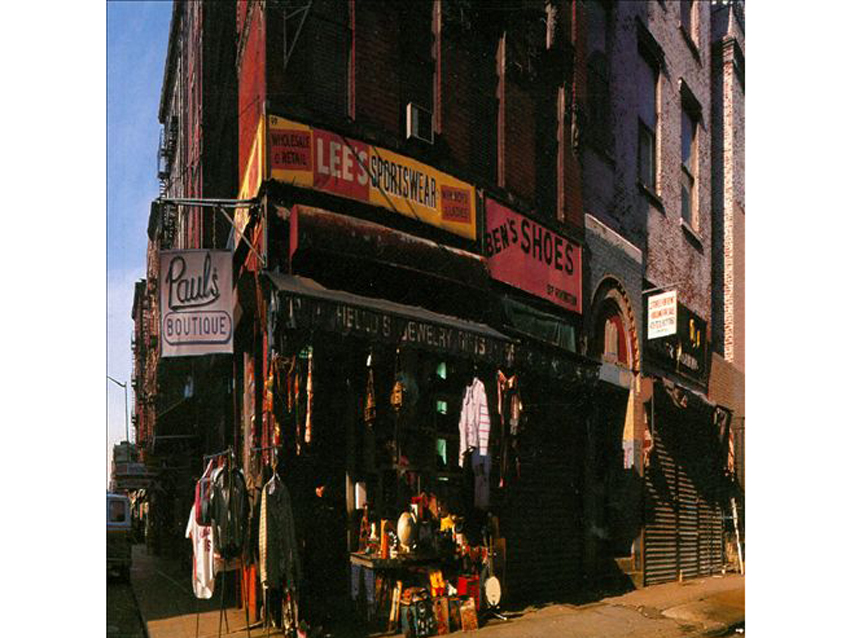
Beastie Boys - Paul's Boutique (1989)
“This is a lot like Dark Side Of The Moon to me. I just didn’t know you could do what they did. It’s the sampling grand champion of all time. They had so much fun making this album, and it shows.
“I played this cassette probably more times than anything else. Owning this tape coincided with me driving to Massachusetts or Washington DC or Pennsylvania to do gigs. I had this cassette in my car, and it’s all I listened to.
“I don’t know why some songs on this album aren’t anthems. If Car Thief were a single by A Tribe Called Quest, it would’ve gone down in the annals of hip-hop history as being one of the greatest songs of all time. The whole album is like the hip-hop side two of Abbey Road. And they sample Abbey Road on it. Phenomenal.”
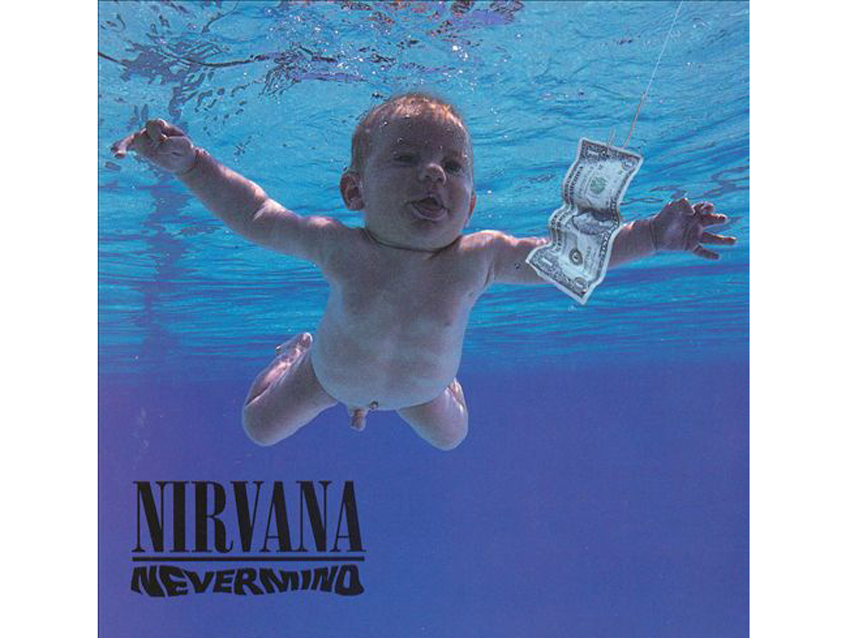
Nirvana - Nevermind (1991)
“Again, what were you listening to? What did it pull you from? Right when you started going back to the mainstream of Blues Traveler and the Spin Doctors, right around when MTV was playing these bands with big hats and goofy glasses, Kurt Cobain said one thing that you couldn’t argue with: ‘I feel stupid and contagious.’ Game over.
“Just think about that line: ‘I feel stupid and contagious.’ Every 14-year-old kid in America – in the world – heard that and said, ‘Oh, my God. I understand, and I feel the same way.’ That affected me deeply, because it was true.
“And hey, you could hum every song. How many revolutions can you say that about?”
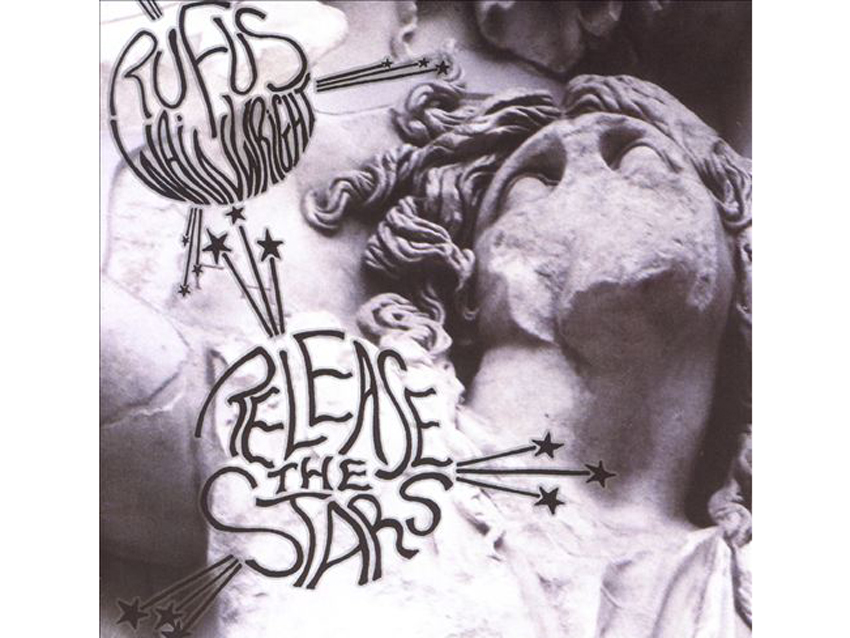
Rufus Wainwright - Release The Stars (2007)
“It really should be the Rufus Wainwright catalog, because what we all complain about – ‘Where is the new music? There is no new music’ – and the answer is, it’s all right here. This is the new music.
“Release The Stars is a brilliant album, but really, no matter which record of his you pick, you’re still getting Lennon and McCartney, Miles Davis, Elvis Costello and all of the Attractions. You’re getting every decade, you’re getting operas and you’re getting pop. The Rufus Wainwright catalog is the answer to everything that you’re complaining about and lacking musically. You don’t need anything else once you realize he’s out there.
“I cried at a Rufus Wainwright show once, at the Long Beach Auditorium. The reason why I cried was that I couldn’t believe what was in front of me – the most talent I’d ever seen coming from a human being. I’ve didn’t know it was possible. I’ve seen Michael Jordan play 30 times at Madison Square Garden. I’ve seen Derek Jeter play over 100 baseball games. I’ve seen every concert you could imagine. And none of those experiences matched seeing Rufus Wainwright.
“One guy at a piano reduced me to tears simply because I didn’t know that much talent could fit inside a human body. It was something that changed my life.”
Joe is a freelance journalist who has, over the past few decades, interviewed hundreds of guitarists for Guitar World, Guitar Player, MusicRadar and Classic Rock. He is also a former editor of Guitar World, contributing writer for Guitar Aficionado and VP of A&R for Island Records. He’s an enthusiastic guitarist, but he’s nowhere near the likes of the people he interviews. Surprisingly, his skills are more suited to the drums. If you need a drummer for your Beatles tribute band, look him up.
